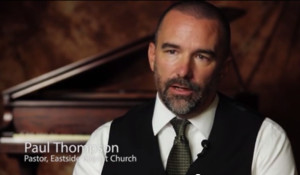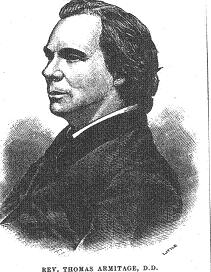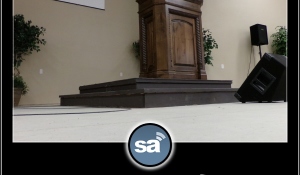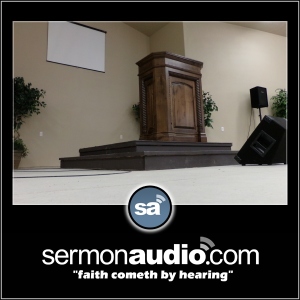It won’t be long and you’ll begin to see the talented musicians playing those familiar Christmas tones on their pianos, cellos and violins. I don’t mean to make small of their talent when I bring up the matter of their beliefs. I don’t mean to be critical of you if you post their clever videos or are impacted at some level by the music. I simply want to only bring up the question… How aware are you?
Music is a fantastic place isn’t it? It is marvelously close to the heart. Which should give reason to ask oneself, “How aware are you?”
I don’t have any angst with the music of the Piano Guys. I agree with many, they are talented. I enjoy a story told by the music played. But when it comes to music in worship… I have to be aware.
A musician who plays music for the purpose of worship is responsible for what god he is leading the worshiper to worship and the worshiper must know that the leader is leading the worshiper to worship his god. This is why I take issue with believers using music from an unbeliever to generate a worshipful experience. Can the unregenerate properly lead another to truly worship God?
Most don’t know that the Piano Guys are on public record as stating their faith, they are not ashamed of their faith. For that I respect them for disclosing that. How aware are you that they offer full statement of belief on their website, it is as follows…
“We believe the purpose of life is to be happy.
We believe the best way to be happy is to follow the teachings of Jesus Christ and to love others more than yourself.
We believe family is most important.
We believe we are all children of a God who loves us dearly.
We believe that good music can be a source of joy, inspiration, and fulfillment.
We believe as Bobby McFerrin once said, listening to only one kind of music is like insisting on living in only one room of
your home your entire life.
We believe in as much laughter in life as possible.
We are members of the Church of Jesus Christ of Latter-day Saints (also known as “LDS” or “Mormons”) to learn more about this church please visit mormon.org”
Last year I pondered the matter like this…
Why is this important for me? Why should you find it a significant thing to think through?
Learning that the Piano Guys are LDS did not change the fact that these [piano] guys are talented. They are. What changed is the origin of their faith. When a Mormon speaks of the birth of Christ, sings of the birth of Christ, or even plays music [without words] of the birth of Christ I’m in a different place of critique. I’m no longer simply enjoying music, I’m in doctrinal conflicted with the musician. When a Mormon sings of the birth of Jesus, he means a god left heaven, came and had sexual relations with a woman, and she gave birth to a child. They are the same words an orthodox Christian may sing but the teaching behind those same words are radically different.
I can still respect the talent of the Piano Guys, but I can’t experience worship as a result of their music. I might feel emotion that their music creates but I can’t trust my emotions to lead me to worship. I must give direction to my emotions. It’s possible that many will disagree with me on this. I welcome the disagreement, I’m only stating my observation from comparing the doctrines of the Book of Mormon and the Bible.
What do followers of Christ (defined by the Bible) have in common with Mormons? There is no place where the two are the same. The two doctrines are at conflict with each other, they have two different masters. The Bible teaches that “No one can serve two masters; for either he will hate the one and love the other, or he will be devoted to one and despise the other.” (Matthew 6:24)
Can a follower of Christ enjoy the talent of the Piano Guys? I think that’s clearly possible. Can the Piano Guys lead a follower of Christ (defined by the Bible) to worship? The answer, in my observation, gets sticky. Because the Piano Guys state their beliefs on their website as clearly Mormon, and because I believe the Bible to be a sufficient rule for my life, I say no; they can only lead someone to worship their god, and clearly they want listeners to worship their god because they invite visitors of their website to check out Mormonism.
I might listen to music from the Piano Guys but I will direct my spirit to not be carried away with emotion. If I’m not careful, my emotion will deceive me and lure me into idolatry. Giving my emotions to another god must be guarded always. Clearly there is a secular product that is enjoyable by the Piano Guys, but just as clearly there is a spiritual component that must not be ignored. If I’m not careful, I can let the familiarity of the music played by the Piano Guys to eventually weaken my heart as to considering that ‘maybe we do worship the same deity.’ We don’t worship the same, so I’ll guard my heart
Be on guard. Guard your heart Christian.
Offered for consideration
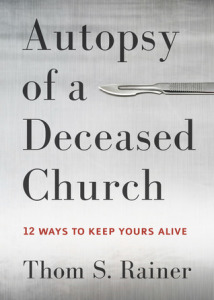 Over the weekend I received a copy of Thom Rainer’s book, “Autopsy of a Deceased Church“.
Over the weekend I received a copy of Thom Rainer’s book, “Autopsy of a Deceased Church“.